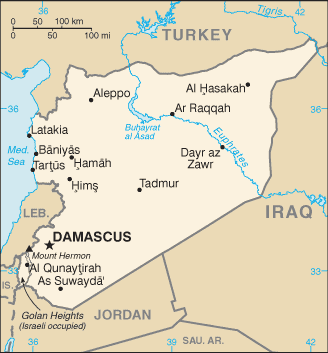With most of the oil producing parts of Syria under ISIS control, they’ve long had a virtual monopoly on fuel supplies within the country. In the past, that’s meant rival factions, both rebel and government, have had to import fuel from ISIS territory. Some are finding that’s no longer an option.
 With the latest round of fighting between ISIS and other northern rebel factions around Aleppo, ISIS has begun limiting exports, apparently aimed at stalling their rivals’ offensives by denying them the fuel to run their respective war machines.
With the latest round of fighting between ISIS and other northern rebel factions around Aleppo, ISIS has begun limiting exports, apparently aimed at stalling their rivals’ offensives by denying them the fuel to run their respective war machines.
As is always the case, the real losers in all of this are the civilians in those areas, as the fuel shortages are not just keeping al-Qaeda and others from gassing up, they are preventing aid trucks from refueling in those areas and also limiting the access to fuel for generators at medical centers in those areas.
This tends to have a compounding effect, as weakening the rival rebels has sparked efforts by the Assad government to retake those areas, and the airstrikes involved are adding to civilian casualties, which the hospitals are less and less able to handle.
Aid groups are complaining this amounts to using fuel as a weapon, but that’s really been the case for all factions, all along. The oil producing regions are one of the few major economic bright spots in Syria, so they are naturally vital areas in the civil war.


